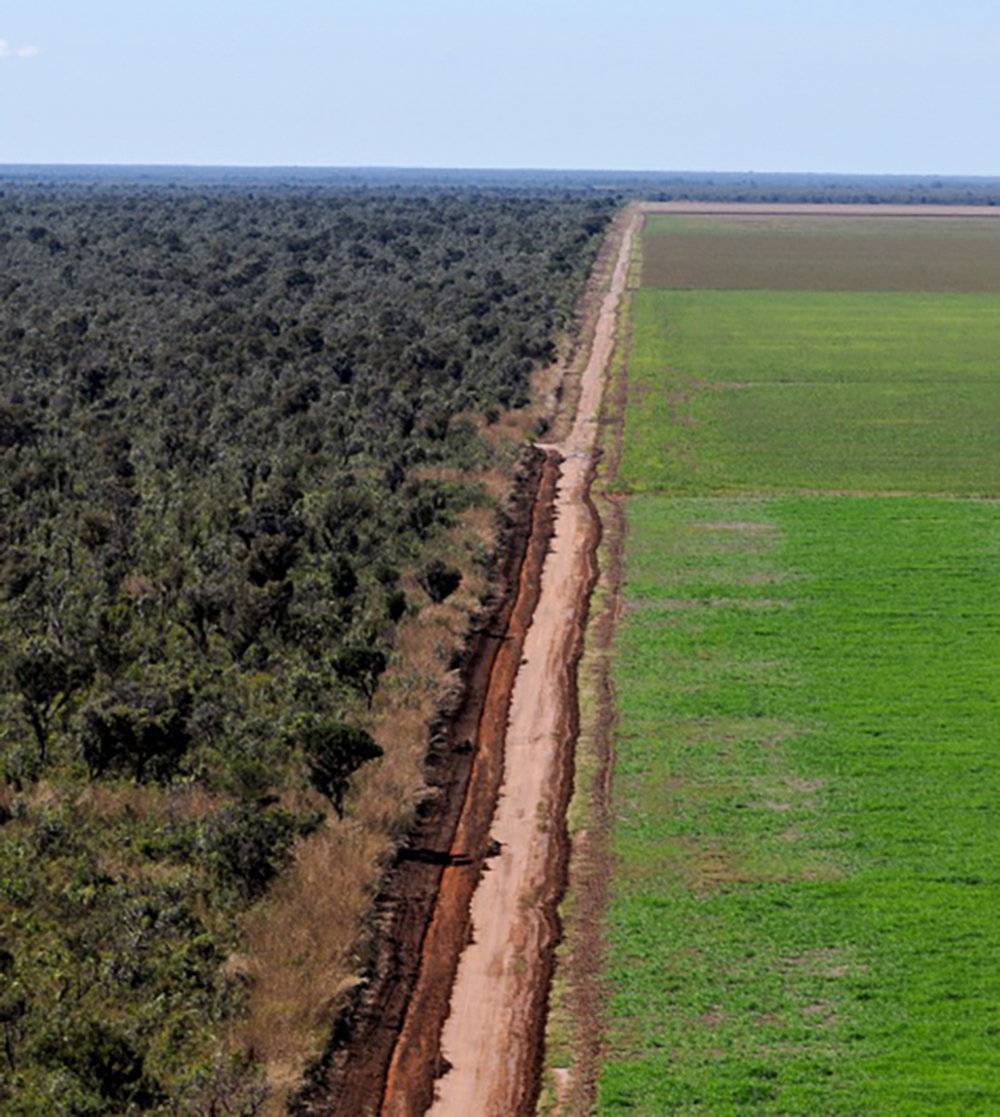The WWF is run at a local level by the following offices...
- WWF Global
- Adria
- Argentina
- Armenia
- AsiaPacific
- Australia
- Austria
- Azerbaijan
- Belgium
- Bhutan
- Bolivia
- Borneo
- Brazil
- Bulgaria
- Cambodia
- Cameroon
- Canada
- Caucasus
- Central African Republic
- Central America
- Central Asia
- Chile
- China
- Colombia
- Croatia
- Democratic Republic of the Congo
- Denmark
- Ecuador
- European Policy Office
- Finland
CONSERVATION PULSE
OCTOBER 2017

World leaders commit to ocean conservation
Global leaders from government, business and civil society made a series of major conservation commitments in response to the steep deterioration of ocean ecosystems at the conclusion of the Our Ocean conference. Reviving the Economy of the Mediterranean Sea: Actions for a sustainable future, a report produced by WWF in association with The Boston Consulting Group and launched at the conference’s opening, highlighted the issues facing the world’s oceans and demonstrated how ocean assets are declining because of accelerating unsustainable exploitation. Commitments from governments, companies and other organizations included major increases in marine protected areas, fisheries reforms, carbon reduction and pollution controls. The European Union, for example, widely acknowledged for leadership in hosting the conference, made a series of commitments including to develop a sustainable blue economy approach, while the Chilean government committed to increasing protection to cover nearly half of its ocean area.

Thresher and silky sharks now protected
Four more shark species – three threshers and the silky shark – are now protected under the Convention on International Trade in Endangered Species of Wild Fauna and Flora (CITES), bringing to 20 the number of protected shark and ray species. The decision by the Parties to CITES was taken in October 2016, but countries had a one-year period to implement the new regulations. The species have been listed in CITES Appendix II, which means that sharks and their products taken from national and international waters may only be exported if the exporting/fishing country certifies that they were legally sourced and that the overall level of fishing does not threaten the species’ survival. “Now the real work begins,” said Dr Andy Cornish, WWF’s Shark and Ray Initiative Leader, “as new management measures will be needed to allow the shark populations to recover”.

Food companies to preserve Brazil’s cerrado
Twenty-three leading food companies have signalled that they are “committed to halting forest loss associated with agricultural commodity production” in one of the world’s most vital ecosystems, Brazil’s cerrado savanna. At an event hosted by The Prince of Wales’s International Sustainability Unit and Unilever, the companies expressed support for the Cerrado Manifesto – developed in part by WWF. A call to action for the elimination of deforestation and conversion of native vegetation, the Manifesto was signed in September by some 60 leading Brazilian researchers and social and environmental organizations. Covering more than a quarter of Brazil’s land area, the cerrado is home to thousands of species of plants and animals, and millions of people, including diverse indigenous communities. In 2015, it yielded 45 million tonnes of soy and 74 million cattle. At the same time, however, it is being cleared faster than the Amazon.

US$500 million for forest-conserving countries
The Green Climate Fund (GCF) – a global UN-backed fund that supports developing countries’ efforts to respond to climate change – has approved a new programme that will channel US$500 million to countries that demonstrate success in halting deforestation and forest degradation and/or in conserving and enhancing forest carbon stocks. The results must be expressed as verified carbon dioxide emission reductions and be achieved at the national level or at the subnational level as an interim measure. They must also be in compliance with the United Nations Framework Convention on Climate Change and its GCF guidelines and procedures. “This seems like a win-win situation for forests and climate,” says Josefina Brana-Varela, WWF’s Senior Director for Forest and Climate, “and now our focus needs to be on the implementation of action, programmes and policies that address the drivers of deforestation and forest degradation”.

Healthy watersheds help fight childhood disease
Children living in river basins whose watersheds (highland areas around river basins) have greater tree cover are less likely to experience diarrhoeal disease, a leading cause of death among children under five, according to a global study supported by WWF. “This indicates that investment in healthy forests and rivers can provide significant benefits for human health,” said WWF’s Chief Freshwater Adviser Dave Tickner. Studying 300,000 children in 35 countries across Africa, Southeast Asia, South America and the Caribbean, the University of Vermont-led research estimates that a 30 per cent increase in upstream tree cover could have a comparable effect to installing improved sanitation. Published in Nature Communications, the research is the first to quantify the connection between watershed quality and the individual health outcomes of children at a global scale.

Belize’s future depends on health of its reef
The extent to which Belize’s economy depends on tourism generated by the threatened Belize Barrier Reef World Heritage site has been revealed in Natural Heritage, Natural Wealth, a report launched by WWF and partner organizations. “This study highlights the central contribution of reef-generated tourism to Belize’s economy. The World Heritage site is not just irreplaceable, it is vital to the country’s future prosperity,” said WWF Mesoamerican Reef Scientist Nadia Bood. While Belize’s government has committed to a moratorium on oil drilling, further protection is needed if the site is to be removed from UNESCO’s list of World Heritage sites in danger. By focusing on the value generated by tourism, the report hopes to motivate the government to implement legislation such as a ban on the sale of public land within the site and measures to protect its mangroves.